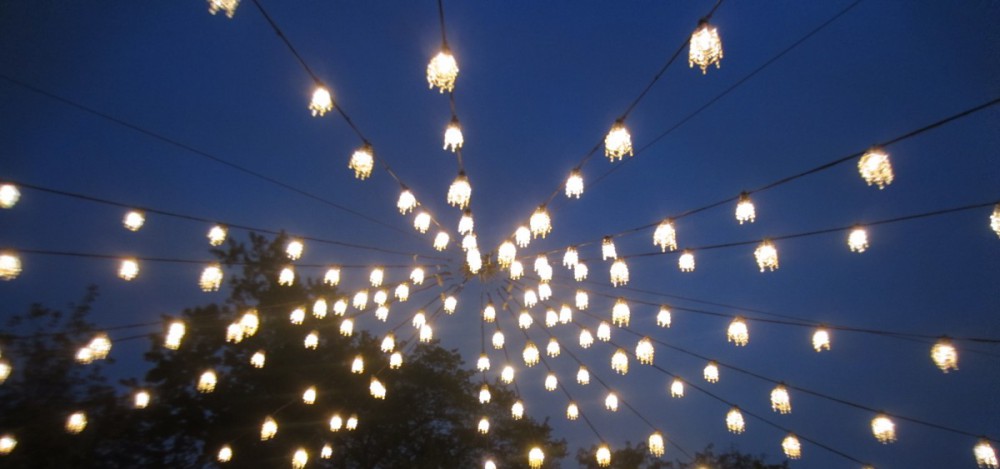Why is Wikipedia important? Or on the flip side why isn’t it important?
When you thinking about the variety of search engines and their reputations wikipedia is the outcast, the black sheep. More often than not its information is discredited and held to a lower standard. Often times in our college career a professor warns against using wikipedia at all and if you do certainly not as the main or reputable source. But what is Wikipedia; a free online encyclopedia that anyone can edit as defined by Jim Giles.
When i think of wikipedia i think of an objective or less serious version of accredited sites because its known for being interactive. While i know some portions are verified and cannot be edited its rare i take all of the information i find there as valuable, ill often confirm it on another site. Giles notes in his article that discrepancies or ambiguities are hashed out among the users. This to me sounds like the information version of Facebook, where people are arguing over rid bits of information probably based on their own beliefs. Yet wikipedia has slightly more errors than the most sourced and credited encyclopedia in the game. Does this mean people are copy and pasting information from there, or are they paraphrasing sometimes inaccurately what they’ve read there. Is wikipedia the metaphorical thrift store of information on the web? It seems that way being that it is a less flashy and high end version of the real thing.
Why do we still use this source then when its clearly garnished a reputation for inaccuracy, I think because we know we can find its affirmation or antidote quickly on the web, its not the only source and we know it. With so many ways to gain information on the web diversity makes comparing and contrasting, expanding view points or understanding of things easier than ever. So say for instance you read some heavy article in a textbook and you have no idea what they’re saying, you pull up a wiki article and some other college kids has posted that same thing in laments terms and now you get it. So maybe its not the top dog in information but it does have certain benefits that its superiors don’t; you can interact with the information instead of having it thrown at you.



